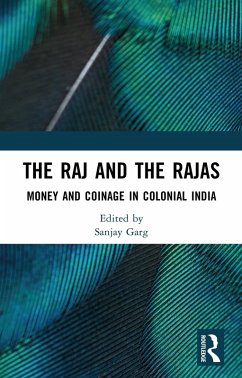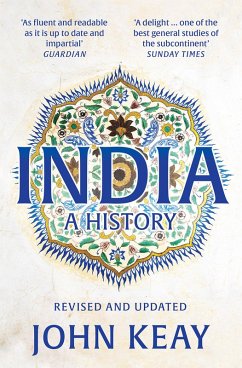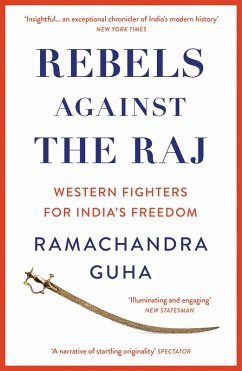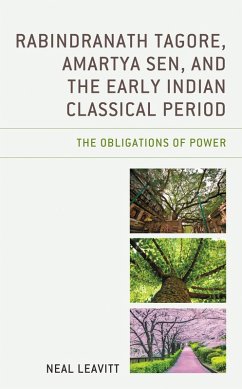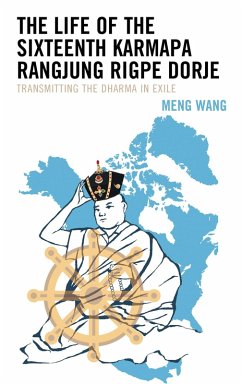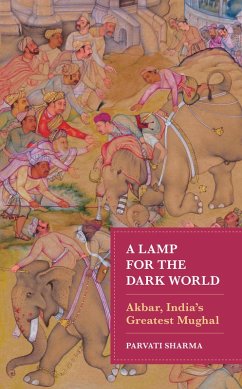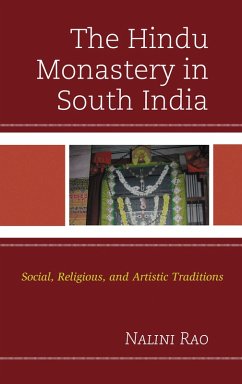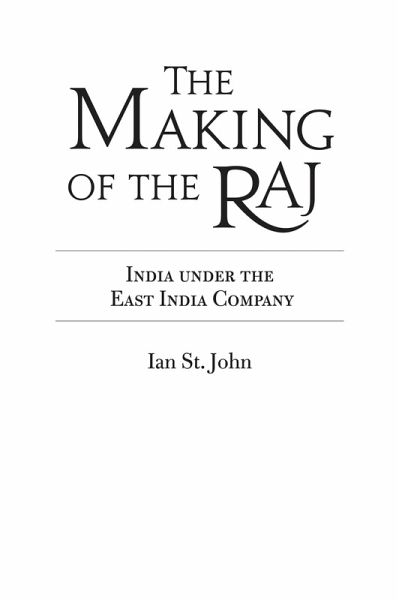
The Making of the Raj (eBook, ePUB)
India under the East India Company
Versandkostenfrei!
Sofort per Download lieferbar
34,95 €
inkl. MwSt.
Weitere Ausgaben:

PAYBACK Punkte
17 °P sammeln!
This book opens up a frequently neglected aspect of the rise of British power in India: namely, the impact of that process upon the lives the Indian people themselves for three centuries. Most traditional Raj histories deal with the actions, motives, and thoughts of the British who occupied, governed, and administered the subcontinent. The Making of the Raj: India under the East India Company flips the focus and tells not of the rulers but concentrates on the Indian workers-the farmers, the millhands, the servants, and the gardeners. The book uncovers the untold and priceless tales of the indi...
This book opens up a frequently neglected aspect of the rise of British power in India: namely, the impact of that process upon the lives the Indian people themselves for three centuries. Most traditional Raj histories deal with the actions, motives, and thoughts of the British who occupied, governed, and administered the subcontinent. The Making of the Raj: India under the East India Company flips the focus and tells not of the rulers but concentrates on the Indian workers-the farmers, the millhands, the servants, and the gardeners. The book uncovers the untold and priceless tales of the individuals who were subjected to the rule of the British during the Raj, describing the impacts upon the lives of Indians themselves. The book traces the history of British interactions with India from their beginnings in the early 1600s, through to the establishment of Raj in the wake of the Indian Mutiny of 1857. The first part provides a narrative of the transformation of the East Indian company from trading enterprise to governing authority. The second portion of the text considers the effects of these developments thematically, examining issues such as the organization of agriculture, the development of the caste system, and the myriad changes in cultural and religious life.




